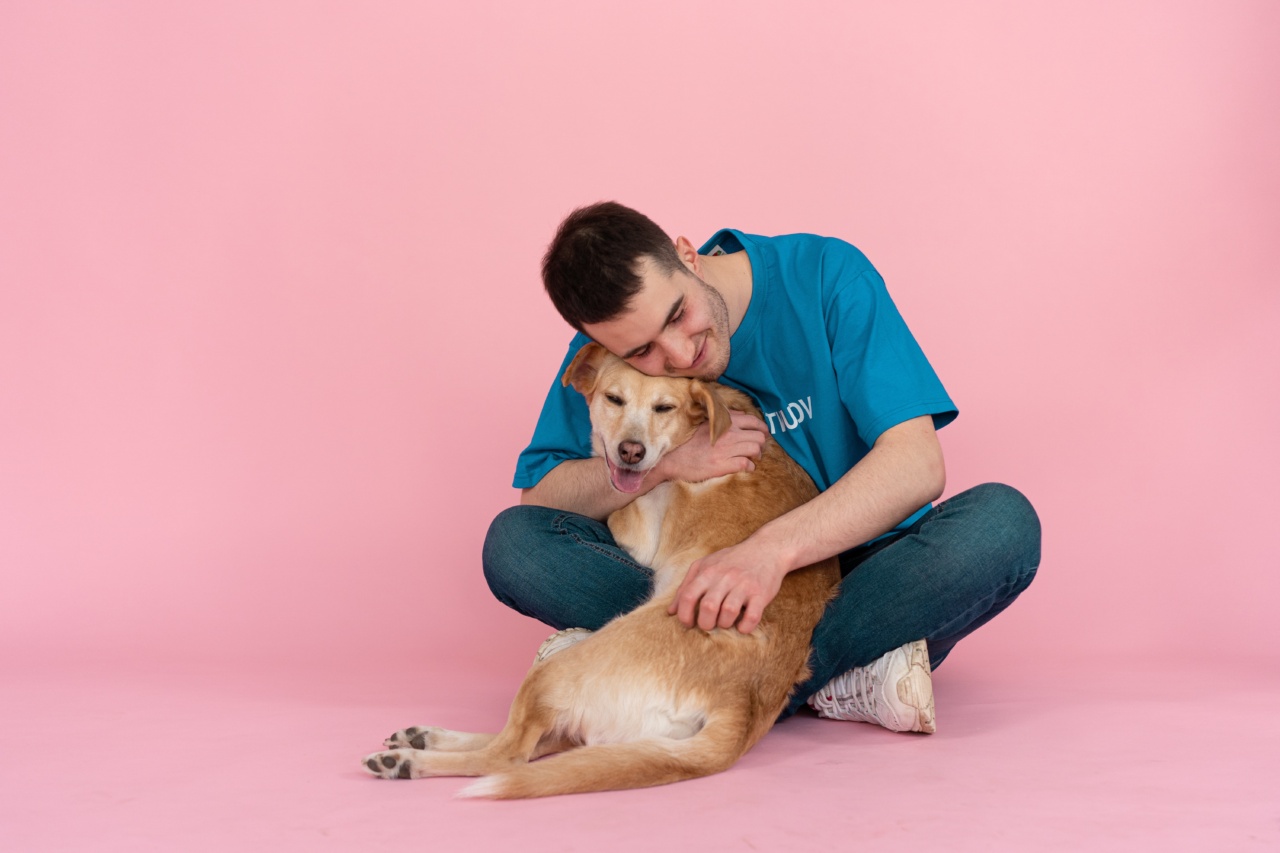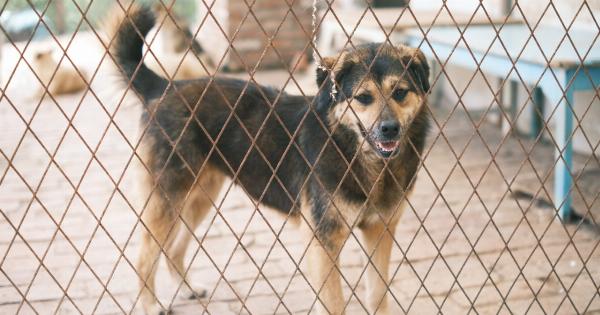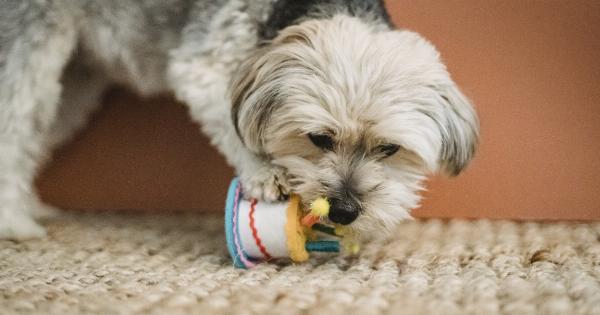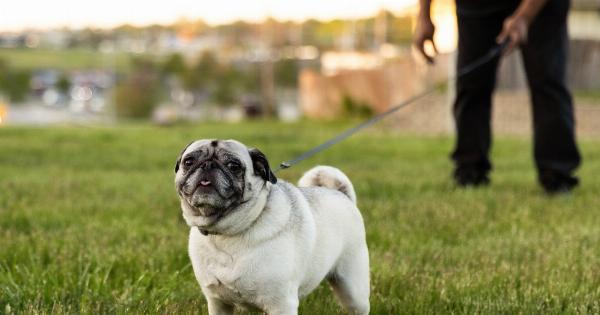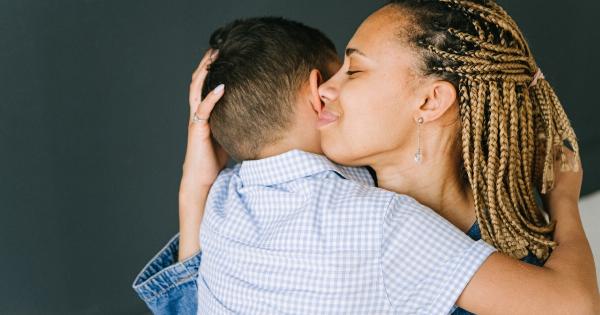Adopting a dog can be one of the most rewarding experiences a pet lover can have. However, it’s important to understand the commitment involved in bringing a furry friend into your home.
As new dog owners, it’s common to make a few mistakes during the first few days of adoption. Here are the most frequent mistakes pet owners make and how to avoid them:.
Not Preparing Your Home for a Dog
Before bringing your new pet home, there are a few things you need to prepare. First off, dog-proof your living space by storing away anything that could potentially harm your new pet.
Cover all electrical cords and secure everything that can be knocked over. Keep houseplants out of reach and remove any hazardous food and objects. Invest in a good quality crate or bed and make sure you have plenty of dog food and water dishes readily available.
Not Establishing a Routine
Dogs thrive on routine, structure, and consistency. In the early days of adoption, it’s important to establish a consistent feeding schedule, walking schedule, and potty break schedule.
This will help your dog adjust to their new environment and can prevent accidents from taking place. Make a schedule that works for both you and your pet, and stick to it as best as possible.
Not Giving Your Dog Enough Space or Time
Dogs need time to adjust to their new surroundings. Many new pet owners make the mistake of assuming that their dog will immediately feel at home.
However, it’s important to remember that it might take a few weeks for your new pet to adjust to their new environment. Give your dog plenty of space to explore and take their time investigating their new home. Don’t overwhelm them with too many visitors or new experiences in the first few days of adoption.
Not Providing Enough Exercise
Regular exercise is important for all dogs, regardless of age, breed, or size. It’s essential for maintaining good health and can provide your pet with mental stimulation.
Even if your dog is small, it’s important to take him for a walk regularly to help him maintain good health. A dog that doesn’t get enough exercise can become restless, anxious and in some cases, aggressive.
Ignoring Behavioral Issues
Just like humans, dogs can have behavioral issues that require attention. A new dog may be anxious, scared, or overwhelmed in their new environment, which can lead to behavioral issues such as separation anxiety or aggression.
If you notice any unwanted behavior, it is important to address it immediately. Talk to a professional or a veterinarian who specializes in canine behavior for guidance on how to properly correct this issue.
Feeding Your Dog the Wrong Food
Feeding your dog the wrong food can have serious health consequences. It’s important to know what food is appropriate for your dog and how to properly feed them. Commercial dog foods come in different formulas that meet dogs’ different nutritional needs.
Some dogs may have special dietary requirements due to health issues or allergies. Before bringing your dog home, research the best food for your breed and consult your veterinarian for recommendations.
Not Providing Enough Socialization and Training
Socialization and training are essential aspects of raising a well-behaved dog. Socializing your pet helps prevent unwanted behavior, while training ensures that your dog is well-behaved and obedient.
New pet owners should start training their dogs as early as possible. Start with basic obedience training such as sit, stay and come. Socialization should also start early, expose your dog to new environments, people, and other dogs.
Proper socialization and training can prevent behavior problems and make your dog a happier and well-adjusted pet.
Leaving Your Dog Alone for Long Periods of Time
Dogs require attention and love, just like humans. Leaving your dog alone at home for extended periods of time can cause your pet to become anxious, bored, and destructive.
If you have a full-time job or other commitments that require you to leave your dog alone, make sure your pet has plenty of toys and access to water. Consider hiring a professional dog walker or enrolling your pet in doggy daycare if possible.
Not Being Prepared for the Financial Commitment
Adopting a dog comes with a financial commitment. Be prepared to spend money on food, veterinary care, grooming, toys, and other necessities.
Unexpected medical expenses can arise at any time, so it’s important to have a savings account set aside in case of emergency. Before adopting a dog, make sure you’re financially prepared for the commitment.
Choosing the Wrong Dog for Your Lifestyle
Perhaps the most common mistake new dog owners make is choosing the wrong type of dog for their lifestyle. Many people adopt a dog based on its appearance or breed without considering their living situation, exercise needs and personality.
If you live in a small apartment, for example, a large, high-energy dog like a Great Dane is probably not the best choice. Similarly, if you have small children, you need to choose a dog that is gentle and patient. Research the breeds to find the right dog that suits your lifestyle and personality.
